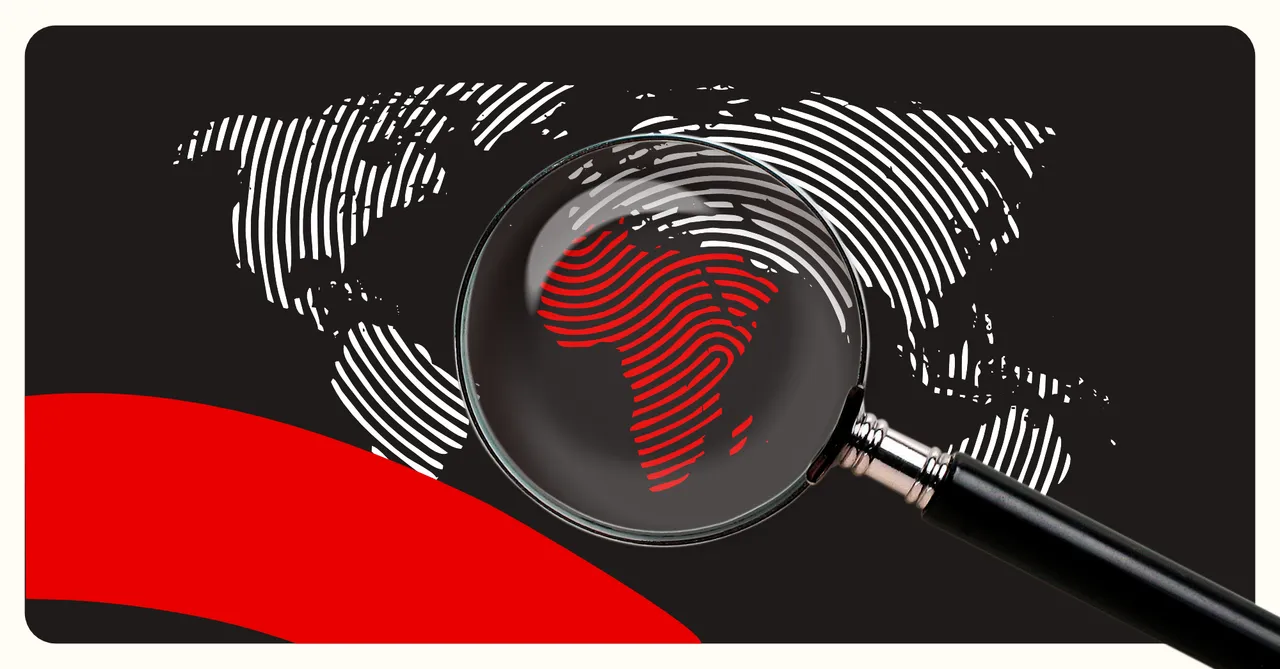Authors
Expertise

In today’s competitive fast-moving consumer goods (FMCG) landscape, launching a new product is both an opportunity and a challenge. The Nigerian market, with its large and youthful population, growing middle class, and increasingly sophisticated consumer preferences, offers immense potential for brands willing to innovate. However, success requires more than just a good idea, it demands a strategic understanding of market dynamics, consumer behaviour, distribution channels and, more importantly,
Introduction
In today’s competitive fast-moving consumer goods (FMCG) landscape, launching a new product is both an opportunity and a challenge. The Nigerian market, with its large and youthful population, growing middle class, and increasingly sophisticated consumer preferences, offers immense potential for brands willing to innovate. However, success requires more than just a good idea, it demands a strategic understanding of market dynamics, consumer behaviour, distribution channels and, more importantly, regulatory requirements.
We would consider briefly two key regulatory requirements that are key for local companies operating in or those intending to enter the Nigerian FMCG space.
Trademark Registration:
A Trademark is defined under Section 67(1) of the Trademarks Act (Cap T13, LFN 2004) as: “…a mark used or proposed to be used in relation to goods for the purpose of indicating… a connection in the course of trade between the goods and some person having the right either as a proprietor or as a registered user.”
The Trademarks, Patents and Designs Registry which is part of the Commercial Law Department of the Federal Ministry of Industry, Trade and Investment regulate and are responsible for registration of trademarks in Nigeria.
The process typically includes a preliminary search (optional), application, examination, acceptance, publication of the application for opposition purposes. Under Regulation 48 of the Trademarks Regulations 1967, any interested party may file a notice of opposition within 2 months of the publication of the notice of the application.
The Importance/Benefits of Registering a Trademark
It grants prior, exclusive right to the brand owner and makes enforcement easier.
A trademark holder can institute an action in court for infringement or unauthorized use of the trademark.
Trademark holders may oppose any future trademark registration that may infringe on their own trademark.
It creates an asset that can be subsequently licensed or assigned.
It is advisable to register early and in the applicable classes (any of the 45 classes per the Nice Agreement for Classification of Goods and Services) before launching the product.
Under Section 23(1) of the Trademarks Act, a registered trademark is valid for an initial period of seven (7) years, renewable every fourteen (14) years thereafter.
Note that under Rule 69 of the Trademarks Regulations, non-resident applicants must act through an accredited agent in Nigeria.
NAFDAC Registration
The National Agency for Food and Drug Administration and Control (NAFDAC) ensures that all consumable goods and regulated products meet health, safety, and quality standards.
For FMCG companies whose products fall within the ambit of this regulator, obtaining NAFDAC registration provides the following benefits:
It builds consumer trust and strengthens brand reputation as products with a NAFDAC number have a presumption of safety and authenticity.
It enables market access as many distributors, supermarkets, and e-commerce platforms may not stock unregistered products.
It prevents sanctions, avoids fines, product seizures, shutdowns and reputational damage from selling unregistered goods.
Facilitates export as registered products meet requirements for trade within and outside Nigeria.
Steps and Processes for NAFDAC Registration
Determine the Product Category
Identify if your product falls under food, beverage, cosmetics, packaged water, drugs, medical devices, or chemicals.Create a NAFDAC e-Registration Account
Register on the NAFDAC e-Registration portal and select the appropriate application form.Submit Required Documents (depending on category, may include):
Certificate of Incorporation.
Trademark registration (if applicable).
Comprehensive product formula or ingredient list.
Certificate of analysis from an accredited laboratory.
Manufacturer’s licence (for local production) or Certificate of Free Sale (for imports).
Packaging and labelling details in line with NAFDAC guidelines.
Facility Inspection
NAFDAC inspects local manufacturing sites or foreign facilities (via GMP inspection) to verify compliance with Good Manufacturing Practices.Laboratory Analysis
Samples of the product are submitted to NAFDAC laboratories for quality, safety, and standard compliance tests.Review and Approval
NAFDAC reviews the application, inspection reports, and lab results. If successful, a registration number is issued. The product can now legally be sold, advertised, and distributed in Nigeria. Typically, the timelines for registration completion are between 90 and 120 days (Depending on the product category). Further note that registration is typically valid for five years, after which renewal is required.
Important Notice: The information contained in this Article is intended for general information purposes only and does not create a lawyer-client relationship. It is not intended as legal advice from Jackson, Etti, & Edu (JEE) or the individual author(s), nor intended as a substitute for legal advice on any specific subject matter. Detailed legal counsel should be sought prior to undertaking any legal matter. The information contained in this Article is current to the last update and may change. Last Update: October 1, 2024.










